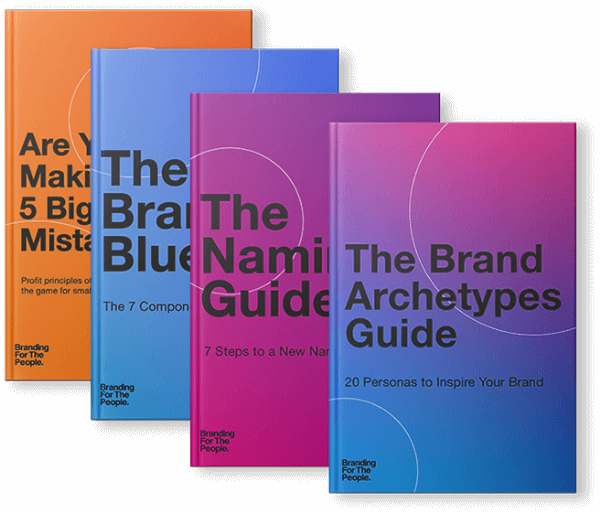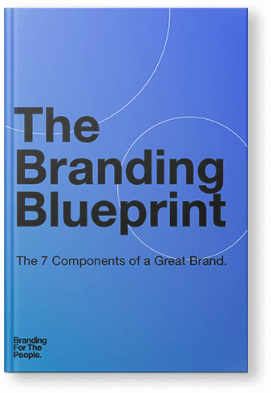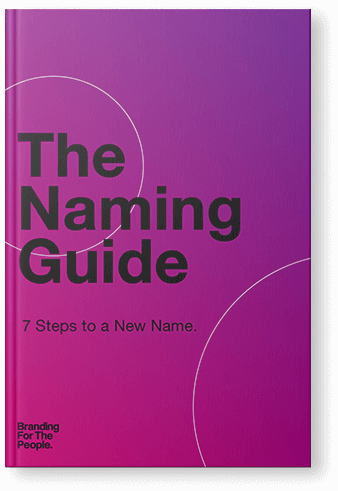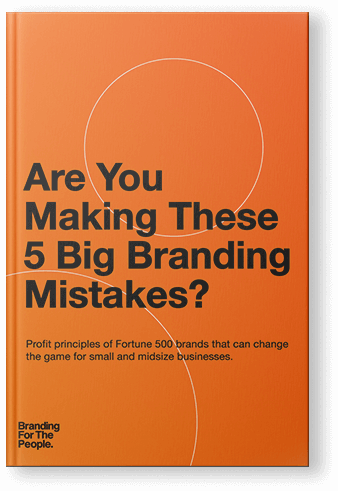In a world of “fake news” insults, will brand honesty become a trend?
Brand Honesty- is it hard to come by? It’s not that brands are outright deceitful (for the most part).
At Branding For The People, we believe that creating an honest brand perception is never about lying to target audiences or tricking them.
The challenge is in the art of convincing.
Even when ACME, Inc., builds the only Road Runner-catching products on the market, if Wile E. Coyote doesn’t perceive those products as the best solution for him, then he won’t buy them.
Coyote’s perception is what creates ACME’s reality.
And, as you may recall, Coyote sometimes built his own Road Runner traps (usually the result of his mis-use of the product).

We can distill the issue here into these three already-known principles:
- Branding is about creating a perception. An honest brand perception.
- Your target audience’s perception is your reality.
- Customers are now DAMN savvy (unlike Wile E. Coyote).
What brand honesty ultimately reflects is an increasing savviness of your target audience, as well as their increasing skepticism in content.
Although skepticism may seem healthy, it also means that a brand will need to work harder to reach its target audience… even when it’s the ONLY solution for that audience. Customers are becoming poised to distrust.
Everything that a brand does or doesn’t do (and all the stuff in between) creates a perception. Because of consumer distrust, #altfacts, and skepticism, a brand’s look and feel must be spot on. An honest agency is straightforward. Without the fluff. Clear and valid.
Brand honesty may mean that creating a perception becomes an issue of proving yourself.
Target audiences may expect greater transparency before they will believe you.
Your differences must be bright and notable.
This may require stronger and more precise proof points.
Rather than saying that “we’ve spoken at hundreds of conferences” it may become “our 6 advisors have collectively spoken at 1400 conferences over the past 10 years.” Simple stats like this can create brand honesty and awareness beyond measure.
Or perhaps, clarity with problems that you don’t solve or when you aren’t the cheapest (Progressive has been doing this for years).
Have you ever wanted a waiter to give you a candid opinion on which entree is better? That type of transparency. This is exactly what your target audience is expecting from you. This level of honest branding builds trust and credibility while adding a hint of personalization to your reputation.
We agree with another Fast Company prediction: it’s unlikely that fast food restaurants will also show the details of their contribution to an unhealthy population. But expectations of brand honesty will force every brand to rigorously self-reflect on standard questions: what problem does it solve? How? And what’s the proof?
This, in turn, proves what we’ve said before: positioning is paramount.
Do your homework. Pay attention. Gather real input, feedback, and data, from and about your target audience.
Your best friend may be a fashion expert, but you still must know how your target audiences perceive you.
Your positioning and messaging are critical to lay the groundwork for creating an honest brand perception.
Want to learn more about honest branding?
Branding For The People has a variety of branding resources, including case studies and courses. Check out our services and learn what Brand For The People can do for your company today!







